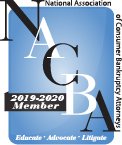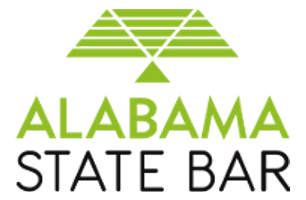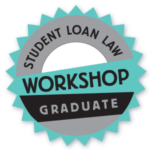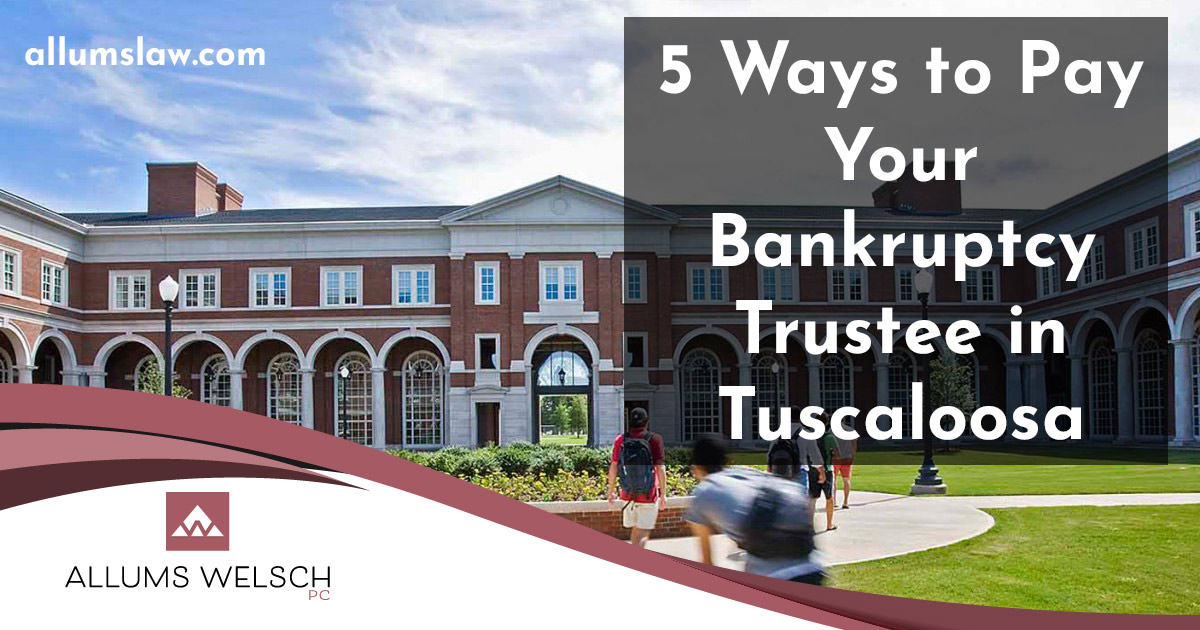The question of who exactly owns your mortgage is important to unravel when you are facing financial hardship.
While you may initial presume that the company to whom you are sending monthly mortgage installment payments is the “owner” of your mortgage, this is, in fact, rarely the case.
This post will discuss the documentation related to your ownership of real estate in Alabama, the necessity of identifying the real owner of your mortgage, and, finally, 3 tips for discovering this information on your own or with the assistance of a bankruptcy or real estate attorney.
Home Ownership by the Numbers: Deeds, Notes, and Mortgage Instruments
Before discussing ownership of a mortgage, it is useful to first clarify what a mortgage is, as well what the other documents involved in a real estate purchase are.
When you purchase a house, there 3 primary documents involved in the transaction:
- the deed
- the note
- the mortgage
The deed is generally a 1- or 2-page document that describes the property street address and legal description, the name of the person, persons, or entity transferring the property, and the name of the person, persons, or entity receiving the property. It may describe the “consideration” (money) paid for the property. It will usually imply or state outright the form ownership assumed by the purchases (joint ownership, sole ownership, etc.), as well as the type of deed—warranty, quitclaim, or other.
This is the document that is most familiar to average homeowners. It is filed with the recorded of the county in Alabama in which the property rests for the purpose of providing public notice of the ownership of the property.
The deed is, essentially, like the title to a car.
The second document involved in a real estate purchase is the note, or promissory note.
This is the contract that you and your co-purchasers sign in agreement to repay the funds lent to you by the loan originator (lender) for the purchase of the property. It is the document in which you are agreeing to pay, for example, $1,000 per month every month for 30 years at a specified rate of interest.
It contains various provisions entitling the lender to proceed against you in court if you fail to make these payments.
The third document involved in a real estate purchase is, yes, the mortgage.
The mortgage is the contract in which you are agreeing that the property you are purchasing (usually) will serve as the collateral securing the personal obligation to make the monthly mortgage payments required by that note that you signed.
The fine print on the note and on the mortgage contract allows your lender, in addition to any other remedies spelled out on the note, to re-take the property through the process of foreclosure should you default on your obligation to make monthly payments.
Most mortgage instruments in use since the early 2000s are, in fact, a form document known as the Fannie Mae/Freddie Mac Uniform Mortgage Instrument. This standard document may have provisions deleted or it may have provisions added by your specific loan originator, but it will typically also describe a number of other occurrences that may constitute a default of your obligations in addition to failure to make your payments.
It is the mortgage contract and its transformation of your new house into “collateral” that make your mortgage debt a so-called “secured debt,” as opposed to “unsecured debts” such as medical debt or credit card debt.
Doesn’t My Lender Own my Mortgage?
That all said, if your mortgage loan was originated by ABC Bank, does it then own your mortgage?
Probably not.
What if you make your payments to ABC Bank and always have? Does it own your mortgage?
Again, probably not.
This is true because most mortgages (and notes) are “securitized,” meaning that they are, often within 6 months of origination of the loan, sold off to another entity who will aggregate it into a trust entity along with many other people’s mortgages.
This trust is like a corporation, and it has investors and shareholders just as a corporation does. It will hire what is called a Master Trust Servicer, who then hires a further servicer to conduct the day-to-day work of sending you a bill, collecting your payment, and pursuing a foreclosure action against you if you fail to pay.
If, a few months after borrowing money from ABC Bank to purchase your home, you start receiving mortgage statements from a company such as Rushmore, Carrington, Pennyback, PHH, NewRez, or others, this is a strong indication that your mortgage has been securitized.
These servicers are just that: professional servicers of mortgages. They are well known to bankruptcy and real estate attorneys to be businesses that do not themselves hold or own mortgages.
If, on the other hand, your loan was originated by your local credit union and you are still receiving monthly statements from that same credit union, it is indeed likely the owner of your mortgage and the holder of your original note.
Why Do I Need to Know Who Owns my Mortgage?
60% of the time, your mortgage loan is Federally backed or underwritten. It may be insured or guaranteed through Fannie Mae, Freddie Mac, USDA, the VA, or FHA, for instance.
It is important to know these things because the one who owns your home may be the one who determines what types of load modifications you may be eligible for if you start having some financial trouble.
These Federally backed mortgages publish their guidelines and eligibility requirements on their websites. Thus, if you encounter financial difficulty, you can visit their websites to determine whether you are eligible for assistance of various sorts.
If your mortgage is not Federally backed or insured, a private trust is not going to publish these guidelines.
Additionally, the forbearance provisions of the CARES Act apply only to Federally backed loans.
3 Tips for Identifying the Owner of Your Mortgage
There are 3 simple things that you can do to find out who owns your mortgage.
The first is to call your mortgage servicer up and ask them. This would be the entity sending you monthly billing statements. The bottom or back of the monthly mortgage statement should contain a general information customer service contact number.
While sitting on hold is never fun and you may or may not get a good answer from whomever answers the phone, it is possible that the customer service representative you connect with may be able to simply provide you with the answer to your question.
Second, both Fannie Mae and Freddie Mac provide online tools on their websites for determining if either of them own your mortgage.
The tools are simple to use and accurate.
However, if neither underwriting owns your mortgage, the online tool will simply return a negative response without providing any further concrete information as to the identity of your mortgage owners.
The third method is to write a Request for Information letter to your servicer requesting this information in writing.
Servicers are required under the Federal RESPA (Real Estate Settlement and Procedures Act) law to provide that information within 10 days of the date that they receive such a request.
However, a Request for Information must be drafted and mailed according to the requirements of RESPA to trigger the obligation to respond in the servicer.
The mortgage servicer is required under RESPA to identify an address designated for the receipt of such requests.
The first place to look for this address is, again, your mortgage statement. You can look at the bottom of the statement or the back of it in the fine print and look for information that says, “Requests for Information” or “Notice of Error.”
This is the correct address for a Request for Information letter.
If it is not on the mortgage statement, visit the servicer’s website.
It is advisable to send it by certified mail so that you can track that 10-business day timeframe—and prove the sending and receipt of the letter should the servicer fail to comply.
You can also retain a forensic accountant to review the EDGAR database maintained by the Securities and Exchange Commission to locate your specific loan number amongst the required disclosure filings by the various mortgage-backed securities trust entities—but this is not time well-spent for the average person.
Conclusion: Who Owns My Mortgage in Alabama?
If you are located in Alabama and are considering filing for bankruptcy or would like to discuss the ownership of your mortgage, please feel free to contact us.





